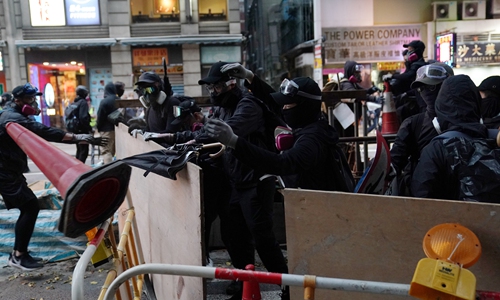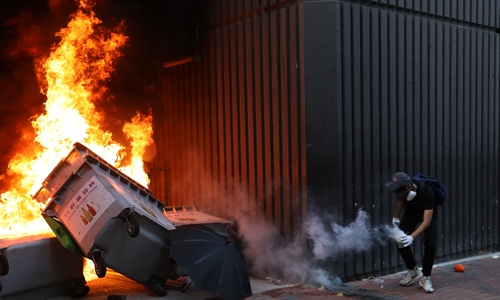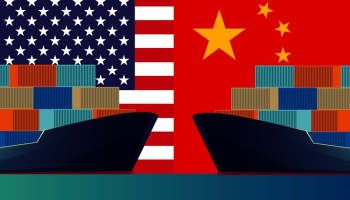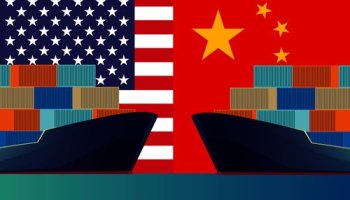https://youtu.be/3JS4eBnDVdw
A live countdown to the Lunar New Year (also known as Chinese New Year) for Hong Kong, Hanoi, Vietnam, and New York on January 25, 2020. While most of the world celebrates the New Year on January 1, many people also celebrate the traditional new year based on the lunar calendar. Celebrate as the clock strikes midnight and the new year arrives. Happy New Year from the Youtube Battles community! :)
At the beginning of this year we did a live countdown to 2020 with coverage for all 35 time zones in the world so that everyone could celebrate the moment as the clock struck midnight in their time zone on New Years Eve and the new year began. As the day progressed, the countdown was updated to show the next time zones to hit the year 2020.
Chinese New Year 2020 falls on January 25 | Human World ...
春晚合家欢系列之同一种乡愁 | 订阅CCTV春晚
https://youtu.be/WZ8UHLbCKyI
北京时间1月24日20:00,2020年中央广播电视总台春节联欢晚会将如约而至!锁定CCTV春晚频道,春晚直播等你来看,我们不见不散!
2020年中央广播电视总台春节联欢晚会直播地址:https://bit.ly/2R6DIOKCelebrating Spring Festival with KOLs at the CGTN office 四位外国网红齐聚央视大楼喜迎春节
https://youtu.be/ZnIlBlNvO-4
https://youtu.be/RhmmyKiU1Nw
Moderate gains for year of the rat - StarProperty
Chinese people around the world prepare for the year of the mouse
 |
| People in Qingdao, East China's Shandong Province pick hangings with Chinese character "Fu (fortune)" at a market on Monday. Photo: cnsphoto |
Chinese people value celebrating the New Year with families.
As of Monday, the national railway has served 12.24 million trips within 11 days since the peak travel season started, a 19.8 percent year-on-year increase. A total of 1,370 temporary trains have been added, China National Radio reported Tuesday.
Traditional conventions in Spring Festival vary across China.
In Chaozhou, South China's Guangdong Province, people march with god sculptures from temples. "The gong and drum band would follow the firecrackers in the march," Chen Aijing, a Chaozhou resident, told the Global Times.
"Each village would have different dates to celebrate. There would be performance for Chaozhou operas and traditional puppet play," she said.
Several days before the New Year day, people in Guangzhou, Guangdong's capital city go shopping in "Flower Street" where one can buy almost anything. On December 28 of the Lunar Calendar, families clean their houses. On the New Year Day, they make rice cakes, according to Zhao Shi, a local resident.
In Wuhan, Central China's Hubei Province, there used to be dragon and lion dances, but the convention has been replaced by a lighting show. "Dried fish, meat and sausages are a must for Spring Festival," a local university student Wu Han said.
Wu interns in Chongli, North China's Hebei Province. Due to the spread of pneumonia in his home city, Wu hesitated whether he would return home.
In the northeastern provinces, people usually stay indoors during the festival due to cold temperatures.
"Watching the Spring Festival gala is a must for us," Lun Yu, a resident from Da-
qing, Northeast China's Heilongjiang Province, told the Global Times on Tuesday. Her big family gathers together on the New Year eve and makes dumplings with fillings of sauerkraut and pork. The dumplings are served on the table right at midnight.
For Chinese living overseas, it is often difficult for them to go home at Spring Festival. Tina Ma, who lives in Melbourne, Australia, decided to visit a friend in Brisbane. "We plan to have a big meal and watch the gala on the internet," she told the Global Times.


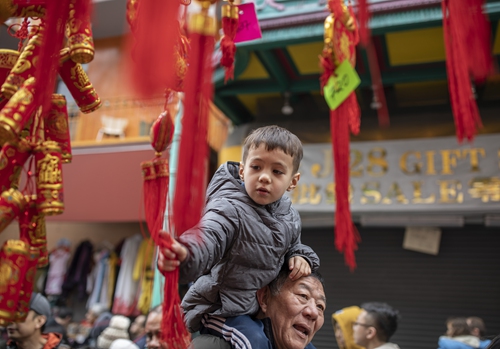
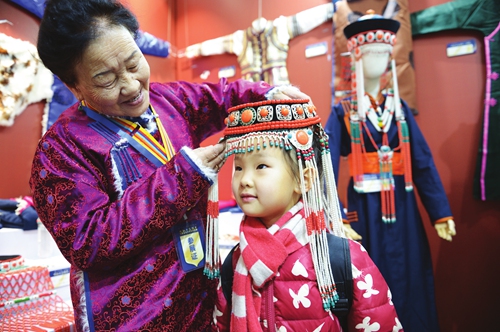
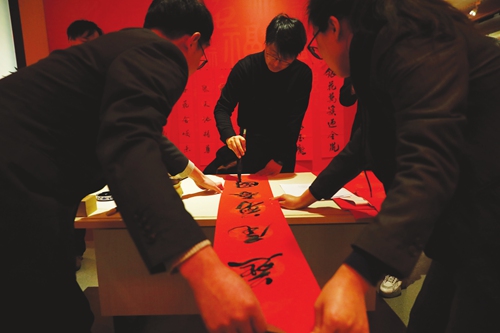
Source link
Spring Festival dinner tables underscore digital advantage
What's behind the most important feast for Chinese points to the key to China's economic appeal - the government's opening-up efforts, growing consumer demand for diversified choices and better quality, and a digital economy that helps accelerate the country's consumption upgrading.
As China is shifting toward a consumption-based economy, its rising household consumption and enhanced opening-up to the outside world indicate the great potential of the Chinese market, which attracts attention from foreign companies and exporters.
According to the National Bureau of Statistics, China's retail sales rose 8 percent year-on-year to some 41.16 trillion yuan ($6 trillion) in 2019, with the contribution of consumption to GDP expansion reaching 57.8 percent and remaining the top growth engine for the economy. Moreover, the country's per capita GDP exceeded the $10,000-mark last year. By any measure, there is still plenty of room for China's consumption to grow.
But most importantly, a large-scale digital market has taken shape in China, offering a significant boost to consumption, which may be the biggest difference between China's consumer market and those in other countries. With the upgrading of internet services, the popularization of e-commerce and the change of consumption habits, China's internet generation of consumers have become accustomed to buying all their daily necessities online. Such efficiency and simplicity have greatly encouraged consumption innovations, providing more and better goods and services options for consumers.
In the process of promoting its consumption upgrading, China's digital economy has not just boosted its foreign trade but also offered a lift to the rural economy. According to information from Tmall, it sold 190 million kilograms of agricultural commodities during a shopping campaign in early January this year, with income for each participating farmer increasing by 1,037 yuan.
With the rise of the digital economy, Chinese farmers are also using the tool to expand marketing channels for their output so as to improve the living standards. That's a big difference between China and India. While rural Chinese are embracing the internet and making use of it, Indians in rural regions are resisting the shifts e-commerce will bring, which somehow explains the great vitality in the Chinese economy.
In short, China's economic prowess lies largely in its digital economy, which sees all parts of society connect with one another to generate continuous momentum for the country to maintain strong growth.
Source link
RELATED ARTICLES:
- Lunar New Year Wishes from the Creative English Assessment Winners
- Chinese Consulate General hosts Lunar New Year Gala in New York
- Chinese, South Africans celebrate Chinese Lunar New Year in Johannesburg
Chinese people to celebrate festival despite disease impact
The specter of the Wuhan novel coronavirus hovers over China with at least 544 confirmed cases across the country, and most provinces have reportedly had suspected cases, but due to the approach of the most important festival in Chinese tradition - Chinese New Year - many people across the nation maintained optimistic and will go ahead to celebrate the festival.
Celebration for Chinese Lunar New Year held in Chinatown of Yangon
Celebration for Chinese Lunar New Year held in Chinatown of Yangon
S.Korea's real GDP growth hits 10-year low in 2019
South Korea's real gross domestic product (GDP), adjusted for inflation, posted the lowest growth in 10 years last year, central bank data showed Wednesday.S.Korea posts lowest growth in a decade
South Korea's economy expanded at its slowest pace for a decade last year, the central bank said Wednesday.Chinese economy in good position for future growth: US economist
The Chinese economy is in a good position for future growth as the country is making headway in further reform and opening-up at an appropriate pace, a senior US economist has said.Tariff war risk may go beyond economic loss
When US President Donald Trump announced he would be attending this year's World Economic Forum in Davos, Switzerland, many expected a toned-down version of the free trade-bashing Trump, whose tariff ...
Japan media blasts 'cowardly' Ghosn
The usually staid Japanese media lambasted the “cowardly”
Carlos Ghosn on Wednesday, after the tycoon jumped bail and fled to
Lebanon to avoid trial in Japan.
Related posts:
China's largest carrier rocket Long March-5 makes new flight; BDS-3 satellite system (GPS) to complete before June 2020, Space Station operational in 2022
Related posts:
Tweet #Rightways Galaxy Space plans
to establish a low Earth orbit 5G constellation. Credit: Galaxy Space.
China’s most powerful...
China's largest carrier rocket Long March-5 makes new flight; BDS-3 satellite system (GPS) to complete before June 2020, Space Station operational in 2022






